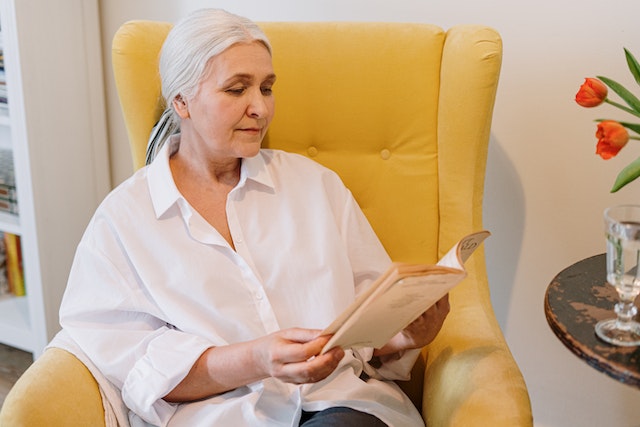Staying physically active as you age is of paramount importance for maintaining overall health and well-being. Regular physical activity offers numerous benefits that can enhance quality of life and help mitigate age-related health concerns. Here are some key reasons why staying physically active is crucial as you age:
- Physical Health: Engaging in regular exercise helps prevent or manage various chronic conditions commonly associated with aging, such as cardiovascular disease, diabetes, osteoporosis, and arthritis. Physical activity improves cardiovascular function, strengthens bones and muscles, enhances flexibility and balance, and supports a healthy immune system. It can also help maintain a healthy weight, reducing the risk of obesity and related health issues.
- Cognitive Function: Studies have shown a positive correlation between physical activity and cognitive function in older adults. Regular exercise can improve memory, attention, and processing speed, reducing the risk of cognitive decline and dementia. Physical activity promotes the growth of new neurons, increases blood flow to the brain, and enhances the release of brain chemicals that support cognitive health.
- Mental and Emotional Well-being: Physical activity has a profound impact on mental and emotional health. Regular exercise releases endorphins, also known as “feel-good” hormones, which can alleviate symptoms of depression, anxiety, and stress. It promotes better sleep, boosts self-esteem, and improves overall mood. Engaging in physical activity also provides opportunities for social interaction and engagement, reducing feelings of loneliness and isolation.
- Functional Independence: Maintaining physical strength, balance, and flexibility through exercise is crucial for preserving independence and mobility as you age. Regular physical activity helps prevent falls and injuries by improving muscle tone, coordination, and balance. It enhances flexibility, making everyday tasks easier to perform and reducing the risk of functional limitations.
- Longevity and Quality of Life: Numerous studies have demonstrated that regular physical activity is associated with increased longevity. Engaging in exercise not only adds years to your life but also improves the quality of those years. By maintaining physical fitness and mobility, you can continue to actively participate in hobbies, travel, spend time with loved ones, and enjoy a fulfilling life.
- Social Engagement: Participating in physical activities, whether through group exercises, sports, or fitness classes, provides opportunities for social interaction and connection. This is particularly beneficial for combating loneliness and maintaining a sense of belonging, which can have positive effects on mental health and overall well-being.
It’s important to note that when starting or modifying an exercise routine, it is advisable to consult with a healthcare professional, especially if you have any underlying health conditions or concerns. They can provide guidance on suitable activities and any precautions to take.
In conclusion, staying physically active as you age has numerous benefits for your physical, cognitive, and mental well-being. By incorporating regular exercise into your lifestyle, you can enjoy better physical health, maintain cognitive function, enhance emotional well-being, preserve functional independence, and ultimately improve your overall quality of life as you age.




